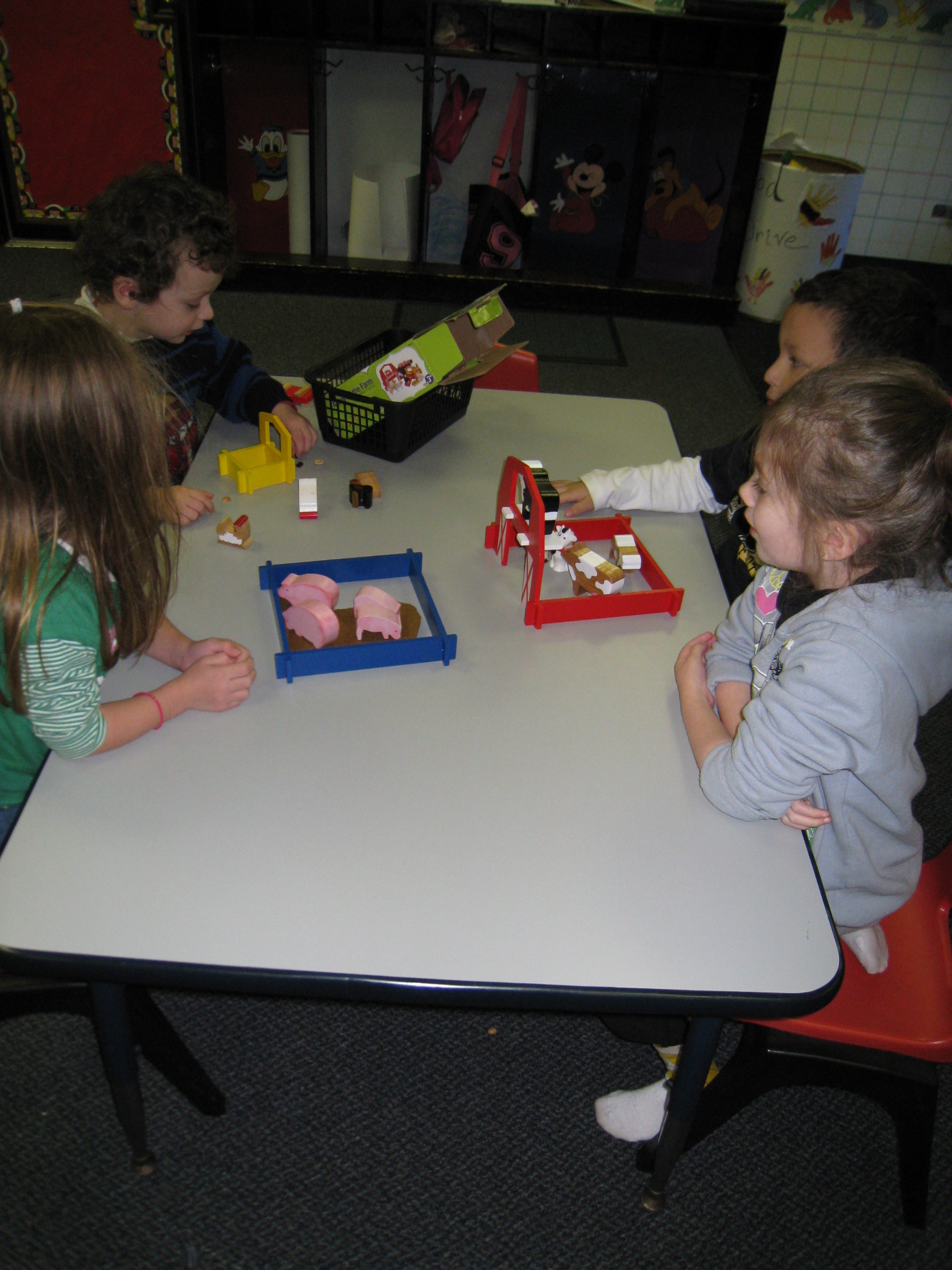Disclosure: In any review for a product or service, products or compensation may have been provided to me to help facilitate my review. All opinions are my own and honest. I am disclosing this in accordance with FTC Guidelines. Please see “Disclose” and "Terms of Use" tabs for more information.
No matter what it is that you set out to accomplish in this world, you can get it a lot faster if you are a good communicator. Signs of someone who has really great communication skills is an individual who is a great listener, who can clearly convey their thoughts, who can interpret body language, who exudes confidence and who can express themselves both in written and verbal form.
 As you’re striving to teach your child how to improve on their communication skills, there are a few tips that we recommend; ones that will easily help them to develop a way to connect with those around them and that’s something that they can carry throughout the rest of their lives.
As you’re striving to teach your child how to improve on their communication skills, there are a few tips that we recommend; ones that will easily help them to develop a way to connect with those around them and that’s something that they can carry throughout the rest of their lives.
Teach them about body language. A wise man once said that 90 percent of communication lies in things that have not been verbally expressed. It can be fun for you and your child to make different kinds of facial expressions and then have you interpret them to one another. For instance, you can roll your eyes and ask them what they think that means. Then, in return, they may squint their eyes and you can take a guess at what they’re thinking. One of the main benefits of exploring body language is that it teaches children that you have to be aware of the messages you convey and the ones that are being conveyed to you, even without a single word being said.
Show them how to listen (by example). Many of us don’t pay attention to how much we cut someone off in conversation, but for most of us, it’s a lot. Usually, our intent is not to be impolite, it’s just that we are conditioned to be more focused on what we have to say (or say next) than what the other people are conveying to us. When your child is speaking, make sure to keep (as much as possible) eye-level contact and to wait until they are completely finished. If it seems like they are at a pause, ask them “Are you done or do you want to share something else with me?” Then, once they say they are finished, repeat back to them what they told you and explain that you are doing that for clarification’s sake. Then, when you are talking to them, ask them to do the same thing (keep eye contact, let you finish and state back what they heard). Also let them know that there are times when a person might need to interrupt a conversation. In those moments, it’s a good idea to simply say “Excuse me.”
Encourage them to read more. Some children are naturally shy and they need help increasing their confidence and overcoming their anxiety. Thankfully, there are programs such as http://nlp4kids.org/ that are designed to help these kinds of issues. However, no matter how bashful or outgoing your child may be, it can never hurt for them to increase their vocabulary. One of the most effective ways for them to do that is to read more often. We may live in a time where kids would prefer to play video games, but if you get them age-appropriate reading material, it can improve both their schoolwork and vocabulary. Books are always a wise (and timeless) investment into your child’s future.
















I strongly support reading to, with and just around your children. Reading helps us develop knowledge and language. Also, I correct my children when they use a word incorrectly by repeating it in the correct context when I answer their question. I don’t know if they notice it (perhaps they do and it annoys them), but I figure modeling correct language is a good approach for helping them learn.
Wow, great ideas! Especially about reading more. Never thought much about that one before, but it really makes since after how you explain it.